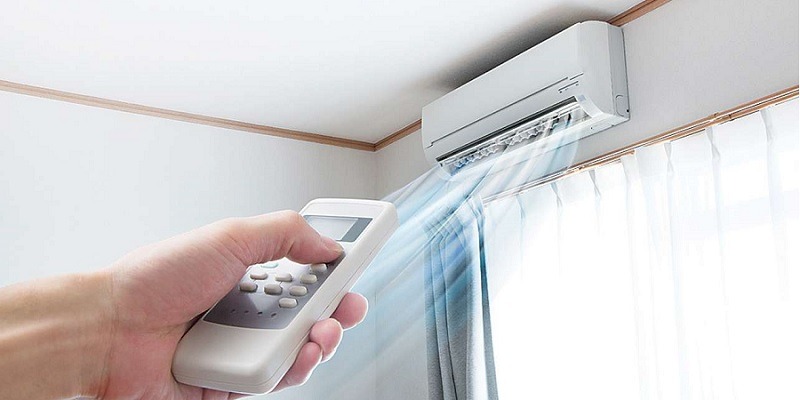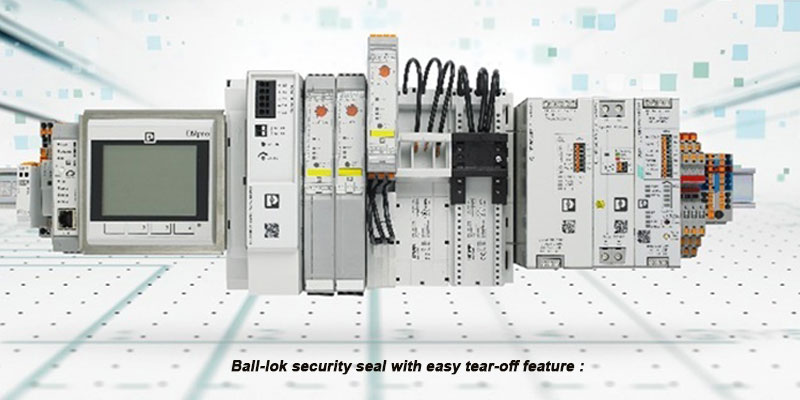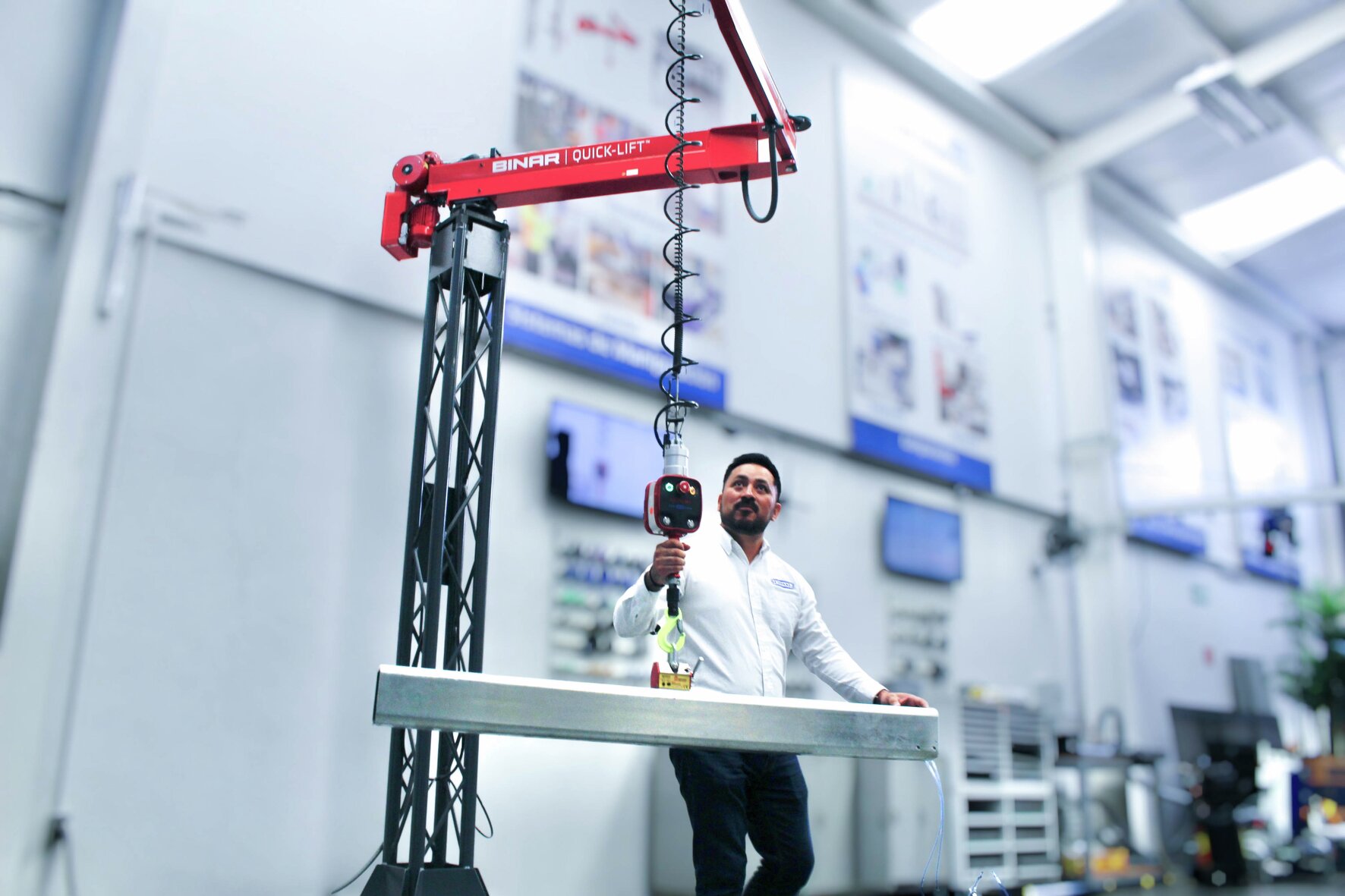Schedule a Call Back
PLI Scheme to make India’s AC component production more cost competitive: Ind-Ra
 Articles
Articles- Apr 30,21

Related Stories

IESA to Launch Vision 2047 Battery Roadmap at IBMSCS 2026
IESA will unveil its Vision 2047 white paper at IBMSCS 2026 in Hyderabad, outlining a strategic roadmap to build a competitive, self-reliant domestic battery ecosystem for India.
Read more
Ingersoll Rand Launches LS Series Oil-free low-pressure Compressors in India
Ingersoll Rand India has introduced its LS Series low-pressure oil-free screw air compressors, delivering ISO Class 0 air with high efficiency for demanding industrial applications.
Read more
MAHLE India to double business in 4–6 years: Milind Godbole
MAHLE India to double business in 4–6 years: Milind Godbole
Read moreRelated Products

Integrated Electric Gripper S Series
IBK Engineers Pvt Ltd offers a wide range of integrated electric gripper S series.

Geared Electric Motors
Delco Fans Pvt Ltd offers single phase capacitor run and three
phase geared Instrument motors, totally enclosed face/foot mounted.

“Kusam-Keco” Partial Discharge Acoustic Imager - Model - Km-pdai
‘Kusam-Meco’ has introduced a new “Partial Discharge Acoustic Imager Model KM-PDAI.
















